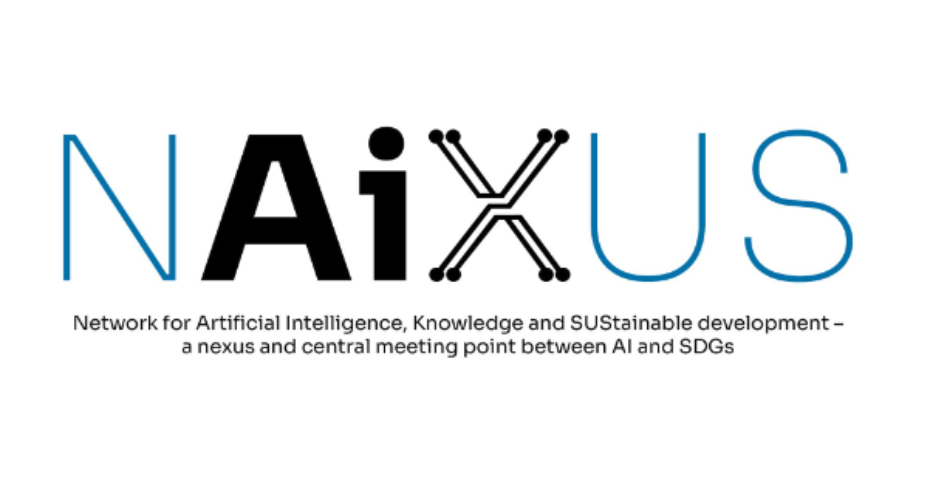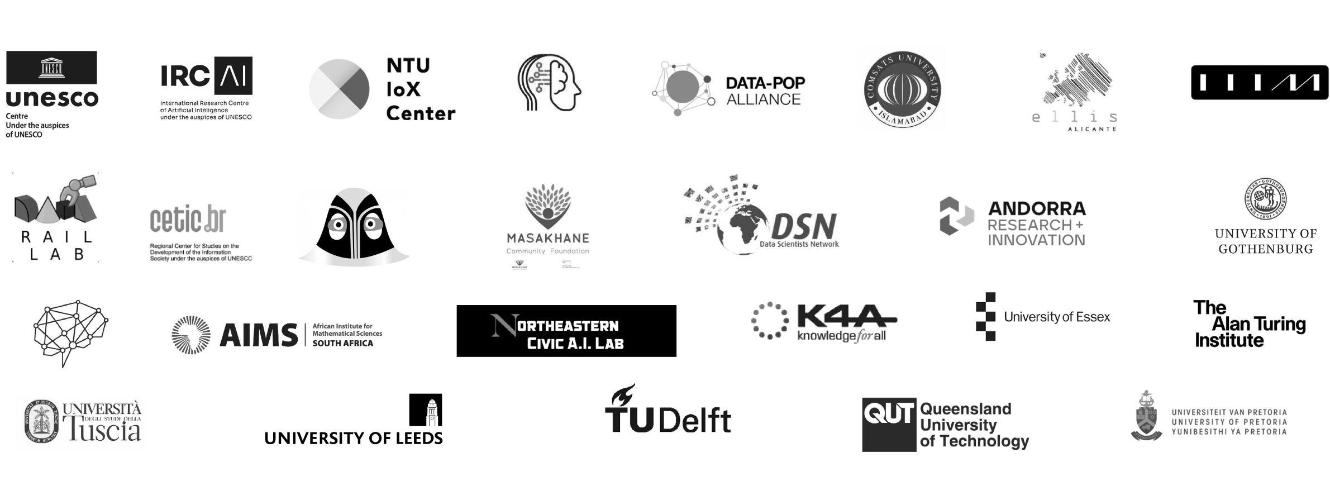UCD’s NAIXUS membership “puts Ireland on the map”
Tuesday, 19 September, 2023
University College Dublin has been awarded membership of NAIXUS, a global network of Artificial Intelligence Excellence Centres in Sustainable Development.

“UCD has joined a growing list of partners from over 40 universities, institutes, and foundations worldwide who will collaborate onharnessing AI to achieve the United Nations Sustainable Development Goals [SDGs],” says Professor Patricia Maguire, Director, UCD Institute for Discovery, who led the successful application. “We are so proud to put Ireland on that map.”
The announcement comes four months after Prof Maguire’s (opens in a new window)AI_PREMie project, which uses AI to diagnose the dangerous pregnancy condition preeclampsia, was included in the UN’s Global Top 100 list of projects leveraging AI for societal good. Ranked ‘excellent’, AI_PREMie was ranked in the top 30 projects worldwide in this category.
Now NAIXUS membership will, she says, “build on that success. The whole premise of NAIXUS is to encourage people to collaborate and think outside of their particular research interests and help take machine learning into the field of sustainable development”.
There are five founding partners of the NAIXUS network, including two UNESCO Centres - International Research Center in AI (IRCAI) in Slovenia and the Regional Center for Studies on the Development of the Information Society (CETIC) in Brazil; two UNESCO Chairs - in Artificial Intelligence at University College London and in Analytics and Data Science at University of Essex; and three AI non-profits: Data-Pop Alliance (USA), ELLIS Unit Alicante Foundation (Spain) and Knowledge 4 All Foundation (UK). Initial partners come from Slovenia, Australia, Andorra, Brazil, Chile, Finland, France, Ghana, Hungary, Iceland, Italy, Kenya, Mexico, Netherlands, Nigeria, Pakistan, Senegal, South Africa, Spain, Sweden, Tanzania, UK and USA.

According to NAIXUS, the full list of network partners have already contributed a combined total of some €50m in funding towards transitioning AI “from a research topic into a worldwide technological phenomenon”.
Prof Maguire adds: “NAIXUS intends to mobilise researchers to collaborate on key AI methods to tackle the world’s greatest challenges. In this era of AI-driven innovation and deep concern for sustainability, it makes sense to harness the transformative power of machine learning to help safeguard the planet for future generations”.
Adopted by the UN in 2015, the SDGs are a collection of seventeen interlinked objectives designed to serve as a “shared blueprint for peace and prosperity for people and the planet, now and into the future”. These include no poverty, zero hunger, gender equality, good health and wellbeing, and climate action.
While acknowledging that sustainable development problems can affect different countries in different ways, NAIXUS believes there is “an opportunity to connect the research groups working on this topic and tap into different solutions, case studies, skills and competencies in the domain of development as well as AI”.
The aims of NAIXUS include to increase the visibility of sustainable development topics being addressed by AI breakthroughs; tackling so-called ‘blind spots’ in AI, such as ethical and empowerment issues; and creating opportunities for young researchers to join the field.